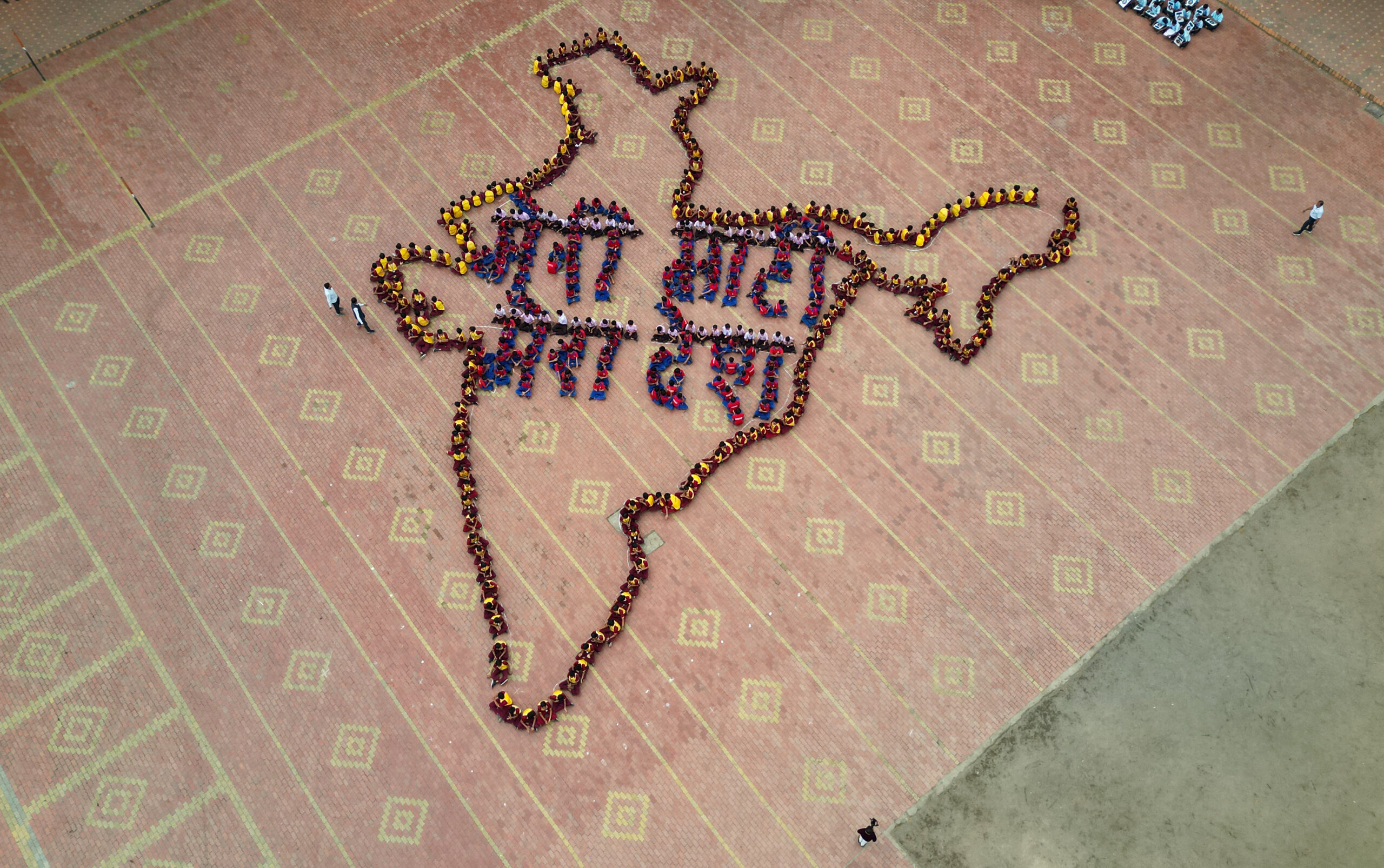


What’s in a name?” Shakespeare famously said. “That which we call a rose, by any other word would smell as sweet.”
The Bard may have been right in respect of flowers, but in a world riven by endless conflict where names have often been forced upon people and nations, names and naming do matter. Few would dispute, for instance, that Zimbabwe took a wise decision in renaming itself. Why is that? It’s because Rhodesia took its name after its first coloniser, Sir Cecil Rhodes. Why would any self-respecting, independent nation wish to continue with a name that was itself a symbol of its enslavement by an outside, occupying power? Financial considerations may have existed even at the time of that African nation’s renaming itself but those were rightly ignored. After all, national pride was at stake. No expense was too much in this regard.
A nation’s name is far more important than the name of an area, town, or city. Connaught Place, named after Prince Arthur the Duke of Connaught, was renamed Rajiv Gandhi Chowk way back in 1995, but nearly three decades later, it has still to catch on in popular vocabulary. Another name may have been better as there are, according to some estimates, already 450 buildings, institutes and roads named after the late prime minister.
If any nation has been named after a colonial master, upon attaining freedom it must right this wrong as soon as practicable. It can also be argued that if the name used to describe a territory, a country or even a continent has no roots in that place, it is better to change it. Let us consider how Africa stands in this regard. According to the Kemetic History of Africa, the original ancient name of Africa was Alkebulan, and the source of that original name is indigenous.
Scholars debate as to whether the term “Africa” stems from words used by the Phoenicians, Romans, and Greeks. Now all these name sources are from outside the continent, so should the African Union be calling for a meeting of all its constituent nations and place on their collective agenda the renaming of the continent itself? Should Africa consequently rename itself as Alkebulan or is there perhaps an alternative, better option? How much money would the renaming cost that continent and how would they divide the expenditure between the fifty-four different nations? Perhaps it is wise not to stir this pot of controversy, for while most scholars agree that Africa is not a word of indigenous origin, there does exist a school of thought that claims that the word is derived from the Egyptian word “afru-ika” which means “motherland”. In other words, we cannot be 100% sure that Africa is a word that originated outside the continent. Does India have any city or town named after a British ruler, the way Zimbabwe was? There is the hill station of Dalhousie, named after Lord Dalhousie. No plans have been announced to change that name although BJP MP Subramanian Swamy did suggest it be renamed Subhash Nagar after the legendary freedom fighter.
Unlike Dalhousie or Zimbabwe, the name India does not form part of any British colonial legacy. India was a name given to us by outsiders admittedly but at the same time it drew on an indigenous Sanskrit word, Sindhu, the name for the area around the Indus River. According to noted mythologist Devdutt Pattanaik, the Arabs couldn’t pronounce the “s” syllable very well, and so they called it Hindu. The Greeks, on the other hand couldn’t pronounce “h” very well and so they called it India.
So, in other words, the term India is based an indigenous word, that has suffered a minor distortion. Furthermore, it is clear that it was given to us by the Greeks much before the British arrived, so there is no question about the origins of the name having any connection with any perceived subjugation of this nation or with British colonisation.
An individual may have many names. They could have a nickname given by their parents that only the family uses, they may have a more formal name used by the rest of the world, and they may also have a name given by their peers in college or at the work place. In the same way, nations too, often have many names. In the debate between India and Bharat a third name appears to have been forgotten: that of Hindustan.
Bollywood has celebrated the different names of our nation. Patriotic songs which use the term “Bharat” have been soulfully rendered but there are also equally memorable songs that use “Hindustan” or “India.” There is “Bharat ka rehnay wala hoon,” but there is also “Hum Hindustani” and “I love my India.” No one thinks twice about humming any of these songs on account of the term chosen to describe our great nation.
For the outside world, we should continue to use India as few in the outside world—comprised of 195 nations—are familiar with the other names by which we call ourselves. Within the nation though, an argument can be raised that Bharat is more intimate sounding and should be given equal weight if not preference. After all, within the family a different name is often used for an individual.
Neither name should be cast out, as all are equally precious to us. It is far too expensive to have a referendum, the way Macedonia did before its name was changed to North Macedonia. Be it India, Bharat or Hindustan we should settle such issues through a bipartisan, healthy debate that is beyond political affiliations. If we can accomplish this, all the names used for this great nation of ours will smell sweeter.
Rajesh Talwar has authored thirty-eight books across multiple genres and has worked for the United Nations for over two decades across three continents.